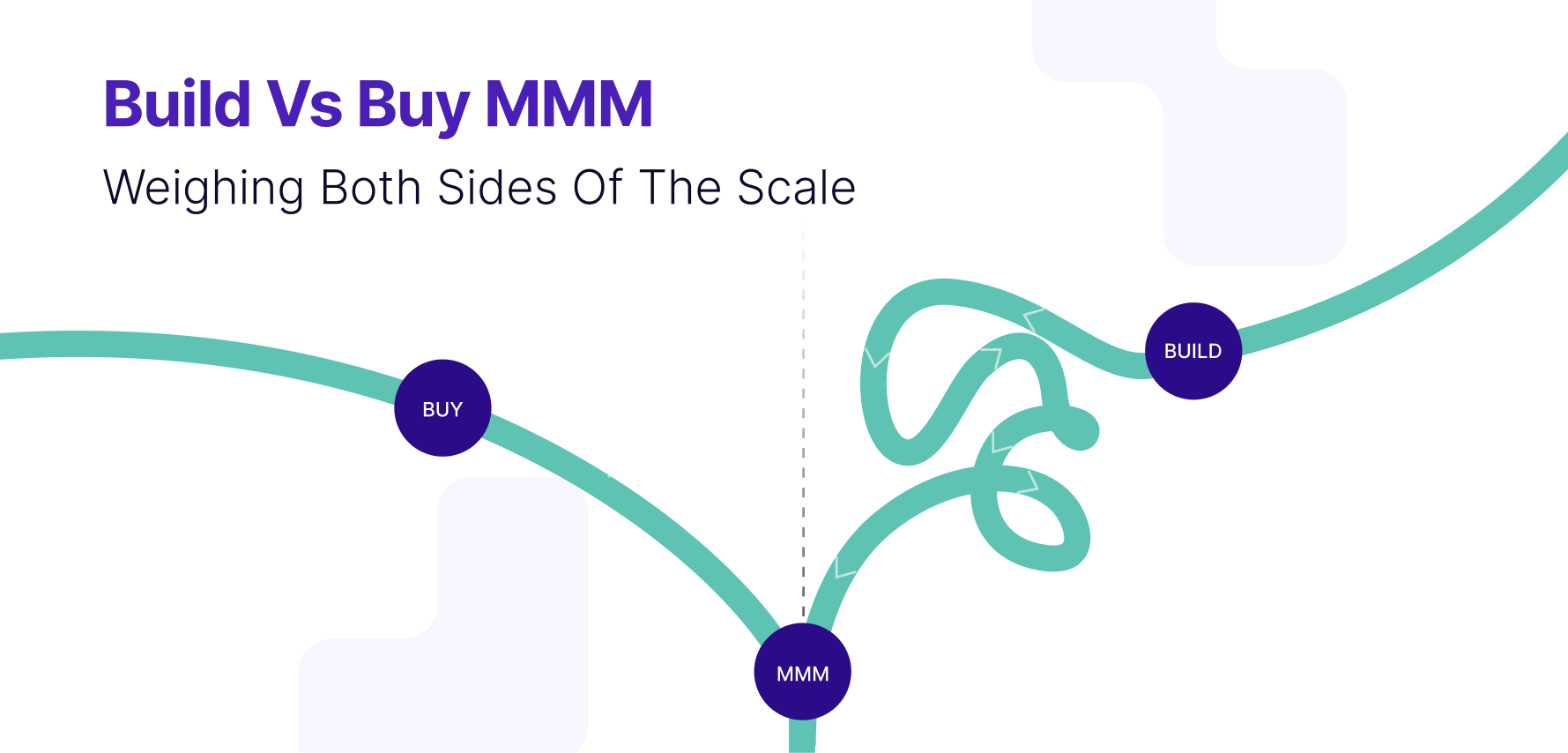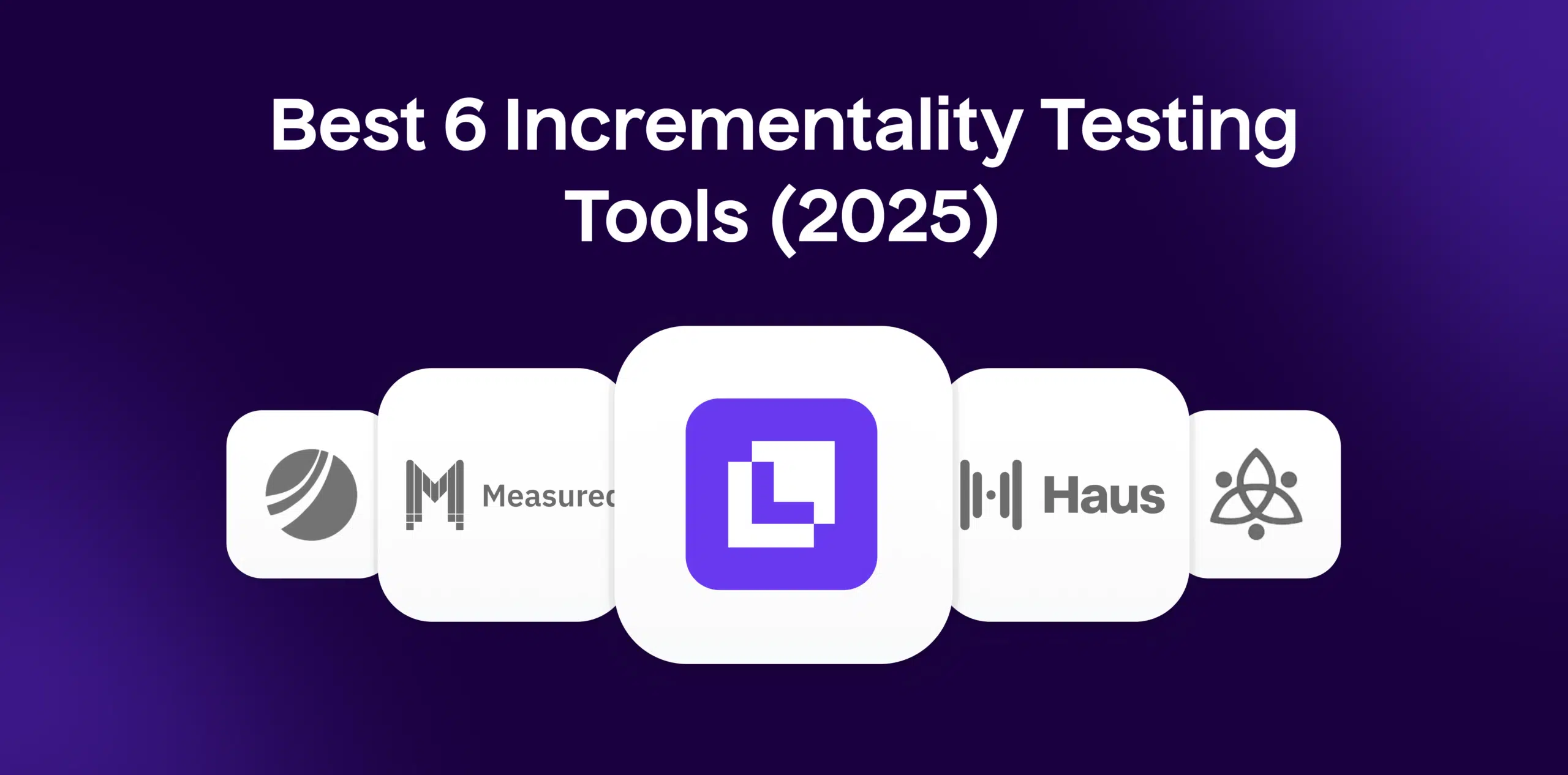What is Attribution Fraud?
In the context of ecommerce, Attribution Fraud is a malicious tactic executed by cybercriminals with the intent of misconstruing conversion data within digital marketing analytics. By manipulating the attribution models (rules that dictate which touchpoint/s get credit for conversion), these fraudsters illegitimately claim credit for sales or conversions that they did not contribute to, thereby unjustly acquiring the corresponding commission or rewards.
Formula
Attribution Fraud doesn’t come with a particular formula because it’s not a mathematical problem. Instead, it’s an insidious practice designed to cheat the system by exploiting marketing attribution models.
Example
One prevalent example is in the realm of affiliate marketing, where a fraudster injects his cookies into a user’s system without the user’s actual engagement with any of the fraudster’s promotions. As such, if the user completes a purchase, the fraudster’s affiliate ID gets credited even though it didn’t play any part in driving that purchase.
Why is Attribution Fraud important?
Attribution Fraud poses a significant threat to the integrity of digital marketing and ecommerce, creating skewed data interpretations and leading to incorrect promotional strategies. Moreover, it causes unfair redistribution of marketing budgets, driving funds away from legitimate contributors while unjustly rewarding fraudsters.
Which factors impact Attribution Fraud?
To combat attribution fraud, businesses can implement various measures, such as using multi-touch attribution models that credit all involved touchpoints instead of the last-click or first-click alone. Employing advanced ad fraud detection technologies that can identify and nullify fraudulent cookies can also help. Regular auditing of attribution reports can further identify irregular patterns that may indicate fraud.
How can Attribution Fraud be improved?
Several factors increase the risk of attribution fraud. These include a lack of awareness about the issue, reliance on simplistic attribution models, ineffective tracking systems, and the absence of robust security measures.
What is Attribution Fraud’s relationship with other metrics?
- Attribution Fraud has a direct impact on other ecommerce metrics. It can incorrectly inflate reported conversions from certain channels, leading to misguided business strategies and investment decisions. It also generates misinterpretations of other key metrics like Return On Advertising Spending (ROAS), Average Order Value (AOV), and Lifetime Value (LTV), which are critical to a business’s overall success. As such, it is crucial to account for and mitigate attribution fraud in any ecommerce setting to ensure a reliable understanding of the business’s performance.
- To combat the growing threat of attribution fraud, ecommerce businesses need innovative solutions capable of accurately identifying and mitigating fraud, thus ensuring the integrity of their critical data for a successful future.
Free essential resources for success
Discover more from Lifesight














